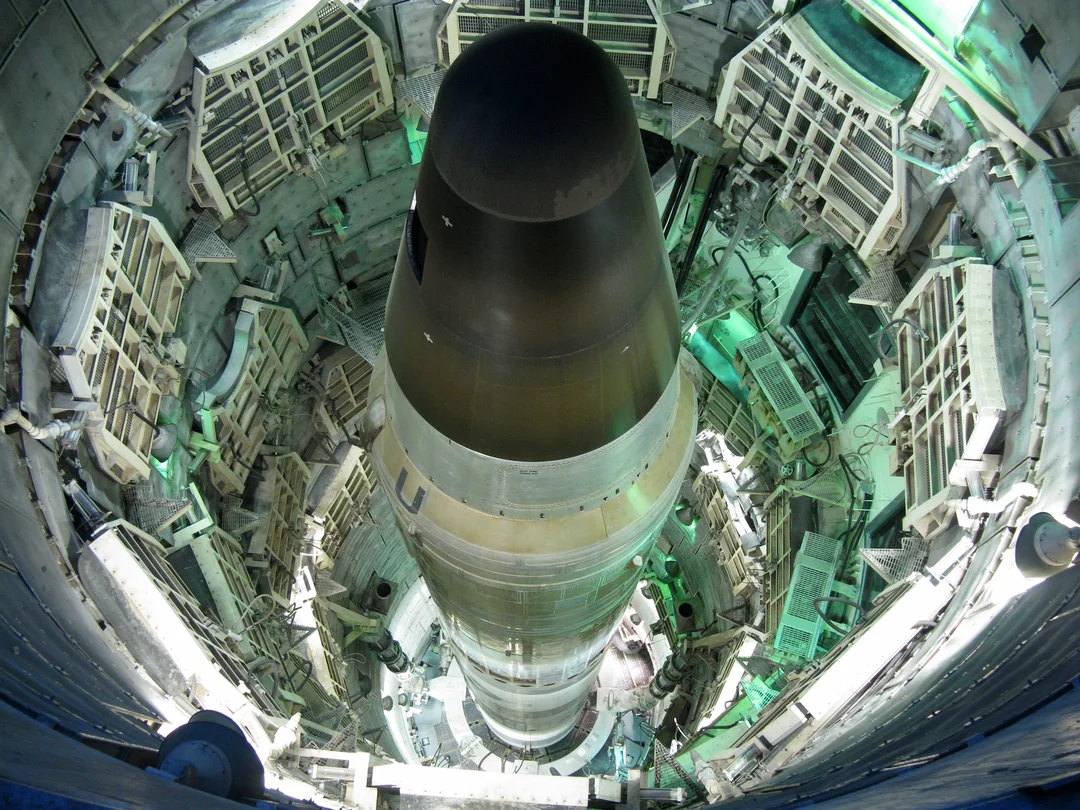
Rocket Lab’s Ascent: Hypersonic Tests, Defense Contracts, and Space Ambitions
The space industry is heating up, and Rocket Lab (RKLB) is making significant strides. From hypersonic vehicle tests to lucrative defense contracts and even discussions about space-based data centers, the company is positioning itself as a key player in the evolving space landscape. This surge in activity has captured investor interest, evidenced by a notable rise in Rocket Lab's stock value.
Hypersonic Vehicle Tests and National Security
Rocket Lab is gaining prominence through its participation in the U.S. Air Force Research Laboratory’s (AFRL) "Rocket Cargo" program. This initiative explores the feasibility of using commercial launch vehicles to deliver cargo rapidly to any point on Earth. Rocket Lab’s Neutron rocket has been selected for an experimental mission slated for 2026, marking a significant step for the company in the national security launch market.
Peter Beck, Rocket Lab's founder and CEO, highlighted the importance of this contract, noting the potential for it to evolve into a “full requirement for an operational capability.” The mission aims to demonstrate Neutron's ability to safely transport and deploy cargo, including re-entry into Earth’s atmosphere.

Further solidifying its position, Rocket Lab's HASTE (Hypersonic Accelerator Suborbital Test Electron) launch vehicle has caught the attention of both the U.S. and U.K. defense sectors. Rocket Lab may bid on contracts available through the U.S. Air Force's Enterprise-Wide Agile Acquisition Contract (EWAAC), a $46 billion program focused on the rapid development of innovative technologies and also the United Kingdom's Hypersonic Technologies & Capability Development Framework (HTCDF). Kratos, a defense contractor, has chosen Rocket Lab to provide its HASTE launch vehicle for a test flight in support of the Multi-Service Advanced Capability Hypersonic Test Bed (MACH-TB) 2.0 program, a five-year, $1.45 billion contract.
Defense Contracts and Financial Impact
While the headline figure of a $46 billion contract sounds impressive, a closer look reveals a more nuanced picture. The EWAAC is an indefinite delivery-indefinite quantity (IDIQ) contract, meaning that the total value is contingent upon task orders awarded. Rocket Lab is just one of many companies participating. Experts estimate Rocket Lab's potential share could be around $22 million per year over the seven-year contract.
Despite this, the potential for securing contracts through both the EWAAC and the HTCDF is significant. In the worst-case scenario, Rocket Lab could add an estimated $24 million to its annual revenue stream across these contracts. While this may not dramatically accelerate growth, it represents a solid foundation for future expansion.
Space-Based Data Centers: A Futuristic Vision?
Adding another layer to Rocket Lab’s ambitious portfolio is the emerging concept of space-based data centers. The acquisition of Relativity Space by former Google chief executive Eric Schmidt has sparked discussions about launching computing infrastructure into space. Relativity's Terran R rocket, still in development, is well-sized to play a role in launching the infrastructure for data centers in space.
The idea is that such data centers, powered by solar panels and able to radiate heat into the vacuum of space, could address the growing energy demands of AI development and applications. However, key questions remain about the feasibility, cost, and environmental impact of such ventures.
As Rocket Lab continues to innovate and expand its capabilities, its trajectory in the space industry remains one to watch. From hypersonic tests to defense contracts and futuristic visions, the company is carving out a significant role in shaping the future of space exploration and technology.
What are your thoughts on Rocket Lab's potential? Share your opinions in the comments below!